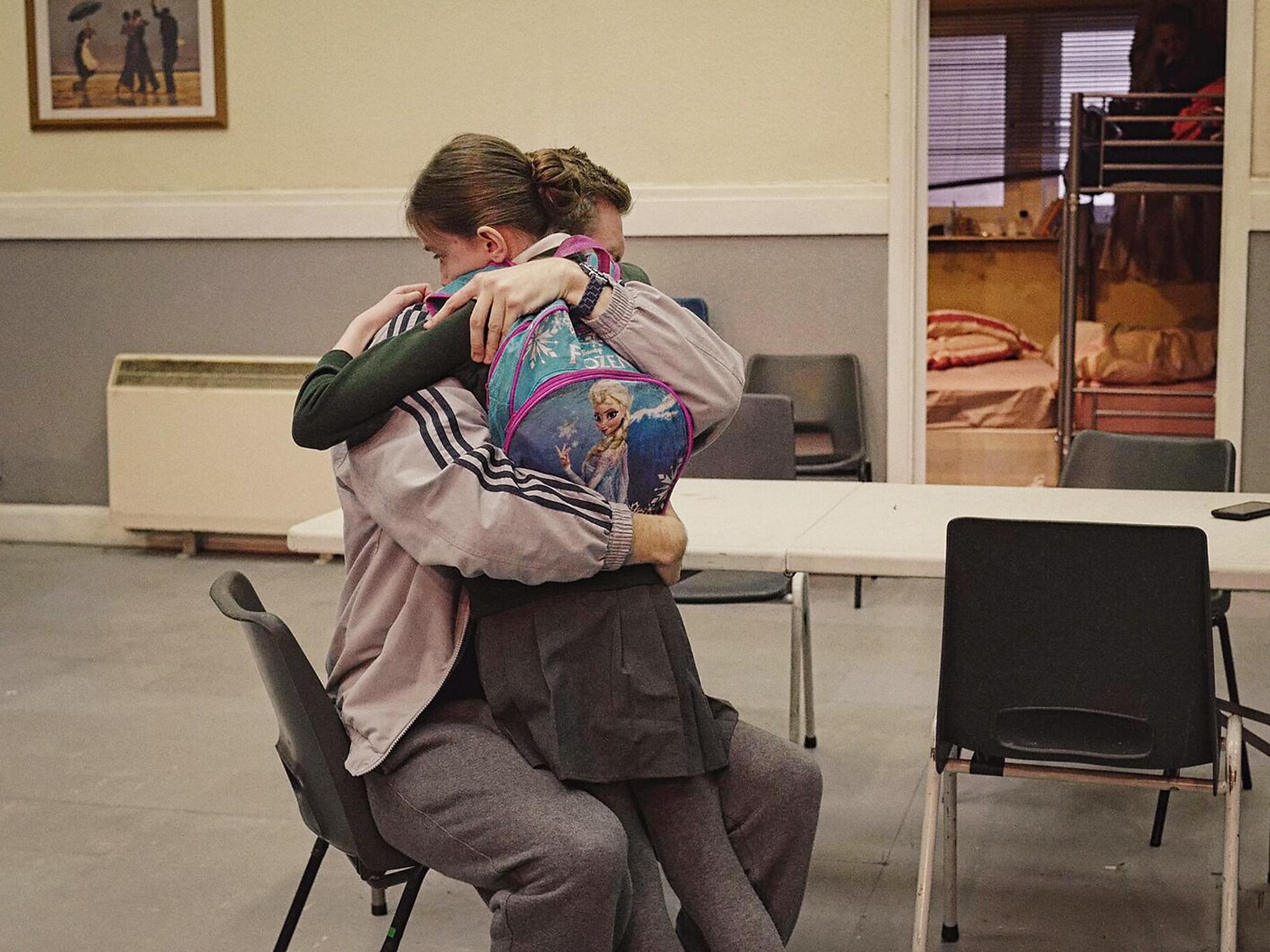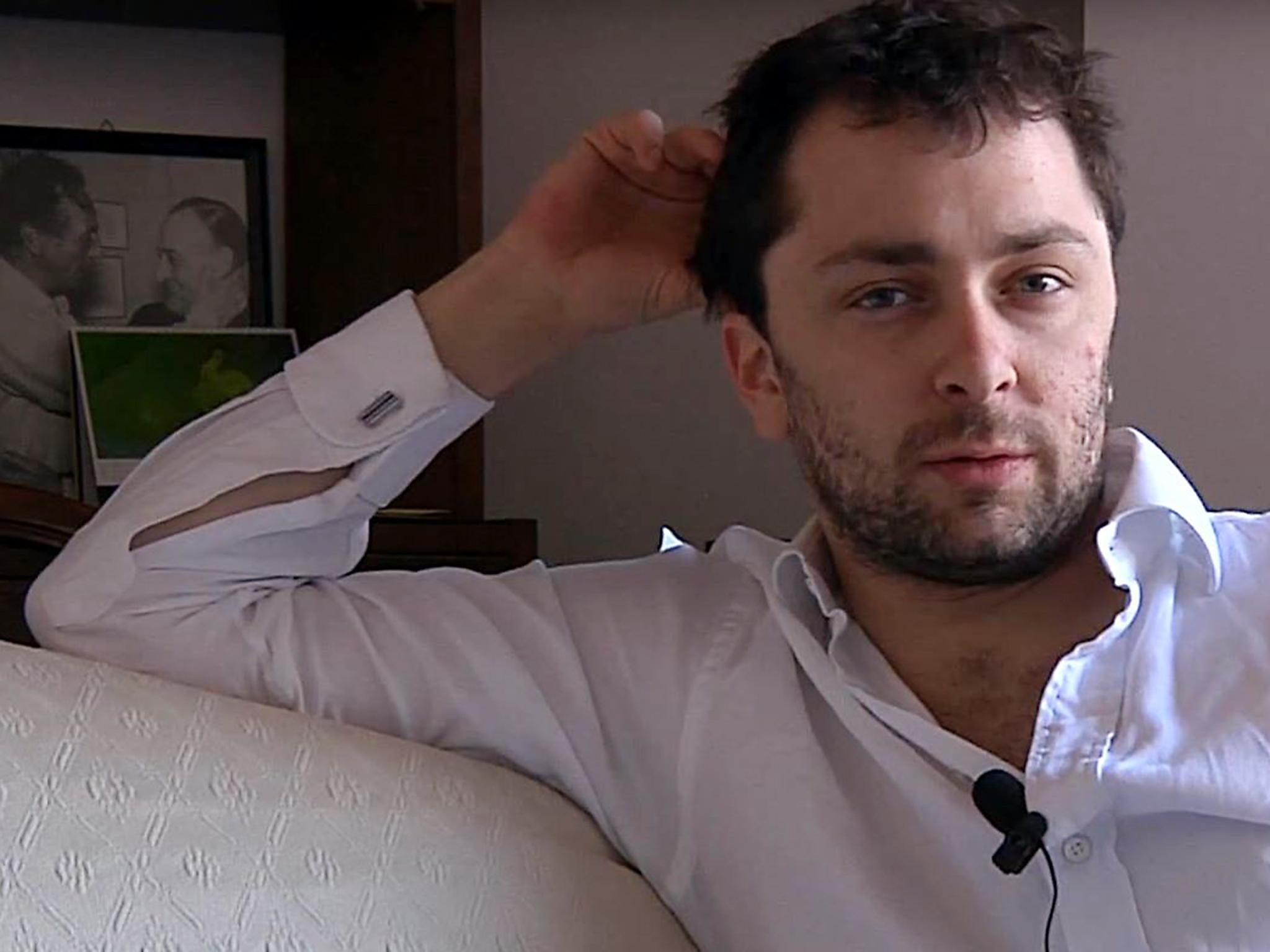Alexander Zeldin: 'Homelessness, mental health, austerity – they're all interlinked'
The critically acclaimed playwright reveals what inspired him to write ‘Love’

Your support helps us to tell the story
From reproductive rights to climate change to Big Tech, The Independent is on the ground when the story is developing. Whether it's investigating the financials of Elon Musk's pro-Trump PAC or producing our latest documentary, 'The A Word', which shines a light on the American women fighting for reproductive rights, we know how important it is to parse out the facts from the messaging.
At such a critical moment in US history, we need reporters on the ground. Your donation allows us to keep sending journalists to speak to both sides of the story.
The Independent is trusted by Americans across the entire political spectrum. And unlike many other quality news outlets, we choose not to lock Americans out of our reporting and analysis with paywalls. We believe quality journalism should be available to everyone, paid for by those who can afford it.
Your support makes all the difference.The writer of a play that has won rave reviews for its portrayal of families living in temporary accommodation has revealed how he wanted to show the link between homelessness and austerity.
Speaking ahead of a debate about homelessness to be held at the National Theatre on Thursday evening, Alexander Zeldin explained how he came to write Love, a play about three families struggling in cramped temporary accommodation.
He told The Independent: “For the seventh year running, homelessness is on the rise in the UK.
“I wanted to show that homelessness, mental health, austerity – they’re all interlinked.”
Zeldin has previously stated that “the theatre is a very powerful force”, and Love, now running at Birmingham Repertory Theatre – with 50p from every ticket sale going towards helping people at risk of homelessness – has certainly had the power to move audiences.
Audience members have been reduced to tears by the plight of Zeldin’s characters, and performances have been greeted by standing ovations and rave reviews. The play has been called “a masterpiece” and theatre’s “first truly great work for austerity Britain”.
Other reviewers have suggested that Love is “the kind of drama that could literally create political havoc and change lives”.

Zeldin said: “The response to the play has been overwhelming, and I think there’s an urgent need for forms of theatre that bring people together in ways that feel fresh. The theatre should be a place for debate, so it’s fitting that we’re having it at the National.”
Chairing the Homelessness – better or worse in 2017? debate at the National Theatre in London will be Sarah Sands, editor of the London Evening Standard, which is partnering with The Independent and youth homelessness charity Centrepoint on the Homeless Helpline Appeal.
Sands, who will later this year take over as editor of BBC Radio 4’s Today programme, said: “Homelessness is the stain on London’s conscience.
“In such an advanced and prosperous city, we must be able to find solutions to this. I hope the debate will be more than hand-wringing, it must be galvanising and specific. With an engaged audience and in a location that represents thought and hope, tonight’s debate promises to be significant."
London Mayor Sadiq Khan will be represented on the debate panel by his deputy housing spokesman James Murray.
“It’s a good opportunity for us to help Londoners understand the scale of the problem,” Mr Murray said. “Londoners are all too aware of the number of people sleeping rough, but at the same time as that number has increased, the number of people in so-called temporary accommodation has also risen. Families in temporary accommodation are less visible than rough sleepers, but it [the experiences they go through] can be very disruptive.”
Completing the panel will be Centrepoint chief executive, Seyi Obakin, and Louise Walker, a spokesperson for the charity Shelter who also worked with Zeldin on developing Love.
Ms Walker, who also advised the Government on a recent report into the capital’s homelessness problem, knows her subject, having become homeless herself following the breakdown of her marriage.
She said: “It’s good to help present the wider picture, as there are so many different stereotypes around homelessness.
“People can become homeless because the rug has been pulled from their feet, not for something they’ve brought on themselves like an addiction.
“So many people in London have been made homeless because of rising rent, and are living pay cheque to pay cheque. But between Alex’s play, films like I, Daniel Blake and the Homeless Helpline campaign, the debate is moving forwards.”
Tickets for the Homelessness – better or worse in 2017? debate are available via the National Theatre website.
Join our commenting forum
Join thought-provoking conversations, follow other Independent readers and see their replies
Comments